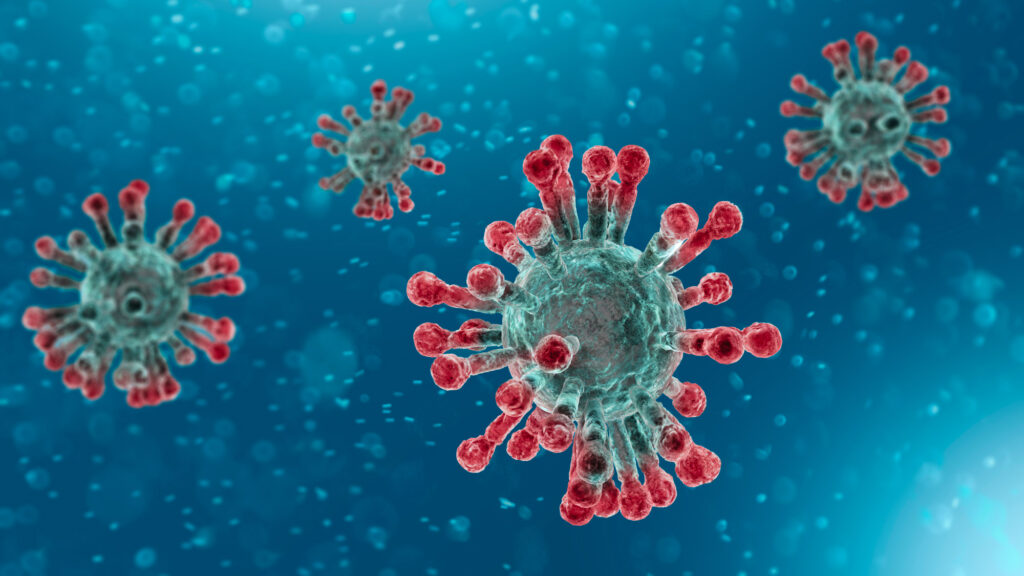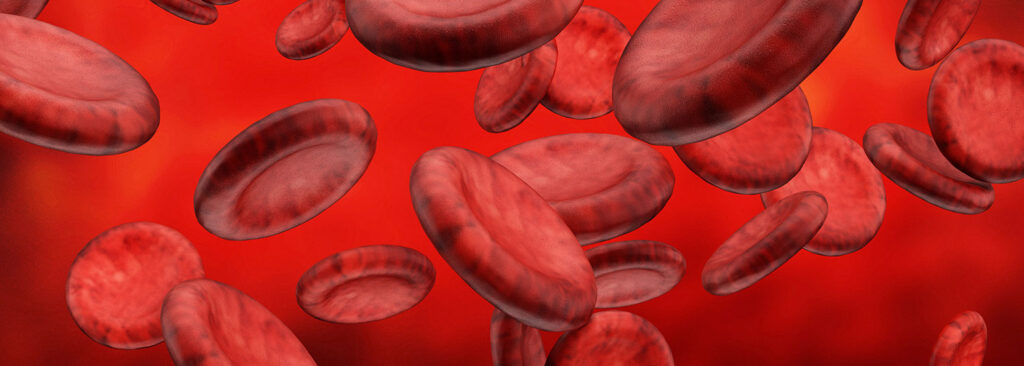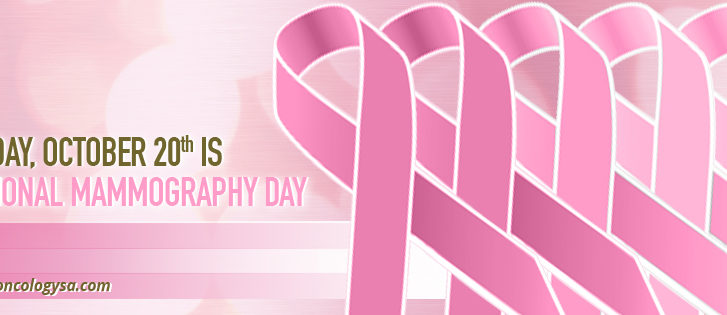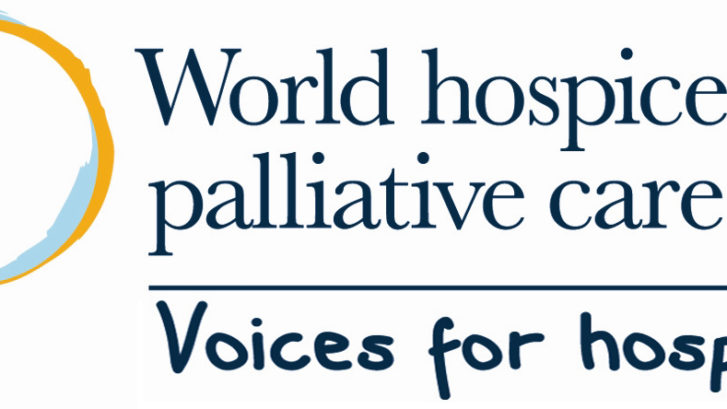Updates for Cancer Patients and COVID-19

As COVID-19 continues to shape our lives, the Oncology San Antonio providers and staff continue to keep safety and current CDC recommendations at the forefront of our care delivery. We understand our patients seek guidance regarding the latest COVID-19 updates, so we have provided some additional information to help you and your family stay safe through this ever-changing pandemic.
If I have cancer now or had it in the past, am I at higher risk of severe illness from COVID-19?
If you have cancer, you have a higher risk of severe illness from COVID-19. Other factors that increase the risk for severe illness from COVID-19 include having a weakened immune system (being immunocompromised), older age, and other medical conditions.
Different cancers will have varying effects on patients. For example, people with blood cancers may be at higher risk of prolonged infection and death from COVID-19 than people with solid tumors. That is because patients with blood cancers often have abnormal or depleted levels of immune cells that produce antibodies against viruses.
Having a history of cancer may increase your risk of severe illness from COVID-19. People who have received treatment for cancer in the past should discuss their concerns about COVID-19 with their doctors.
Should I Get Vaccinated?
The Centers for Disease Control (CDC) and Prevention recommends that everyone 12 years and older get a COVID-19 vaccine. That includes most people with underlying medical conditions, including cancer. Consult your physician if you recently received cancer treatment that suppresses the immune system, as you may need to space out treatments and the vaccine.
Fighting cancer and fighting the spread of COVID-19 both take large support systems. We strongly suggest to our patients that their family members, loved ones, and caregivers get vaccinated. The COVID-19 vaccines are highly effective at preventing severe disease and death, including from the Delta variant. In areas where the virus is spreading quickly, wearing a mask in public indoor spaces and social distancing will also help protect vulnerable people and prevent the spread of the virus.
What about the booster shot?
For patients who are currently on chemotherapy, have had bone marrow transplants, solid organ transplants, are taking immunosuppressives, or have sickle cell disease, we recommend receiving the booster vaccine. Other chronic issues currently qualify for the Moderna and Pfizer booster, so please consult your provider for more information.
Eligible patients can receive the booster no sooner than 28-days after their 2nd vaccine. The CDC suggests receiving the brand of booster (Pfizer or Moderna) as your initial shots. Presently there isn’t data on boosters for the Johnson & Johnson vaccine, but we’ll provide an update when available.
Please contact Oncology San Antonio with any questions regarding COVID-19 and your care.



